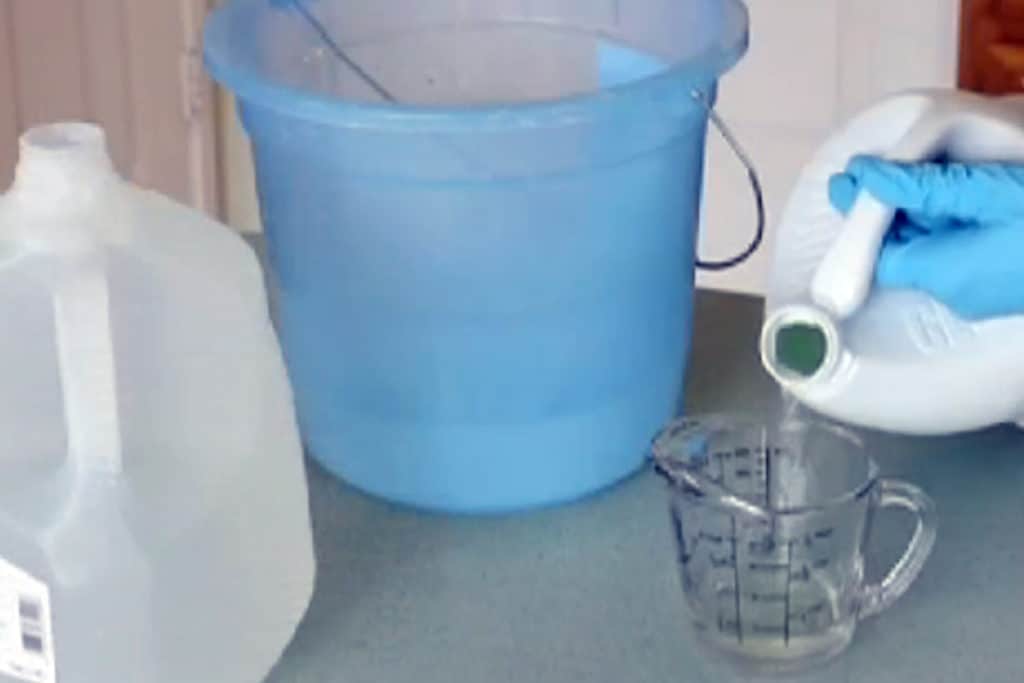
Choosing a Disinfectant for Barn Use
Dr. Brandy Burgess of Colorado State University describes how to select a disinfectant to protect horses from infectious disease agents, based on organic material present, surface type, and disinfecting goals.

Dr. Brandy Burgess of Colorado State University describes how to select a disinfectant to protect horses from infectious disease agents, based on organic material present, surface type, and disinfecting goals.

Dr. Josie Traub-Dargatz of Colorado State University describes using quarantine, designated equipment, and other measures to avoid disease spread among a population when a new horse arrives at a barn or returns from a show or event.
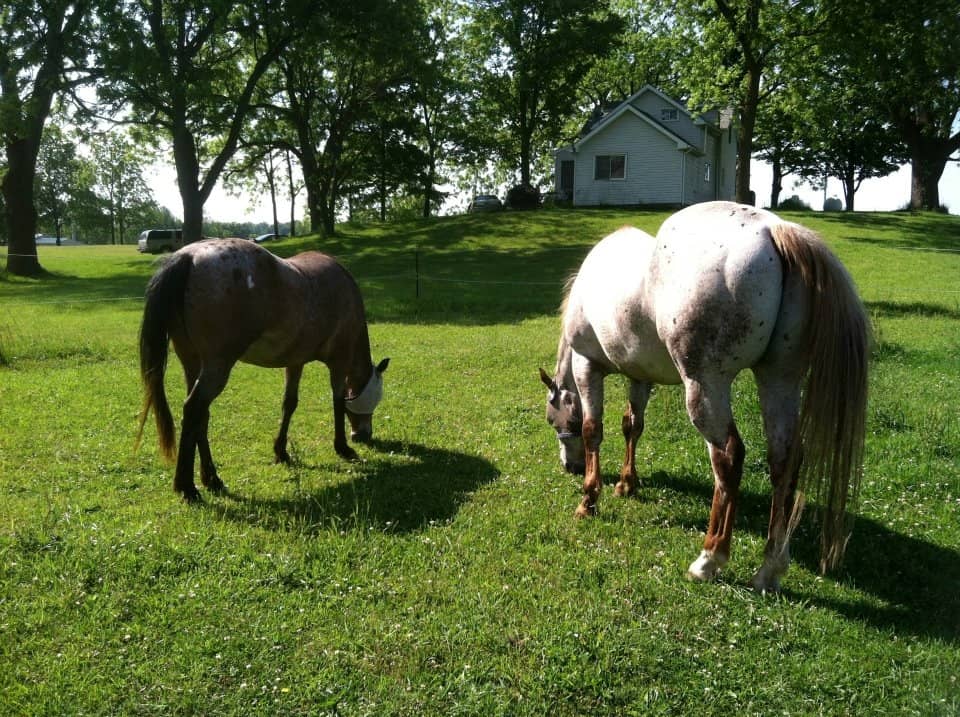
What makes a palomino golden or pintos splotched as if covered in paint? In this UK Lecture presentation, Dr. Kathy Graves shares the basics of equine coat color genetics and how base colors, dilute genes, and certain coat patterns are inherited.

Dr. Megan Green, field veterinarian for Merial Limited, describes why FDA approval is important for horse owners and how they can determine if a drug’s approved.
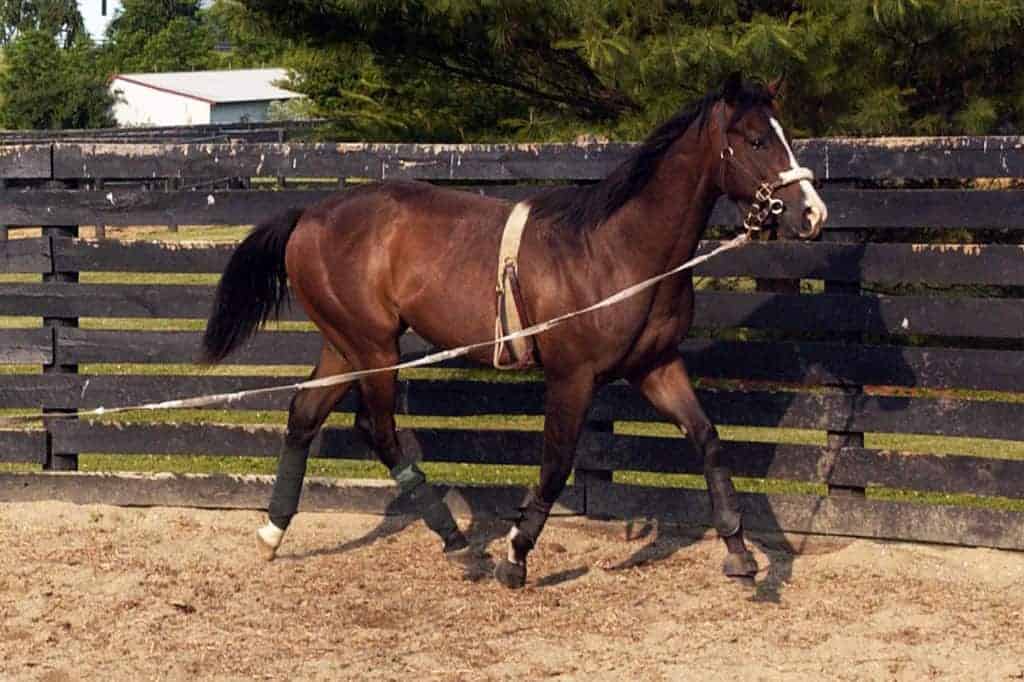
Dr. Erica McKenzie of Oregon State University, and an Ironman triathlete, shares what exercise physiology research in humans and dogs can tell us about our horses.

Learn about a yearlong study using corticosteroids and antigen avoidance to treat recurrent airway obstruction (RAO, heaves) from Dr. Mathilde Leclere.
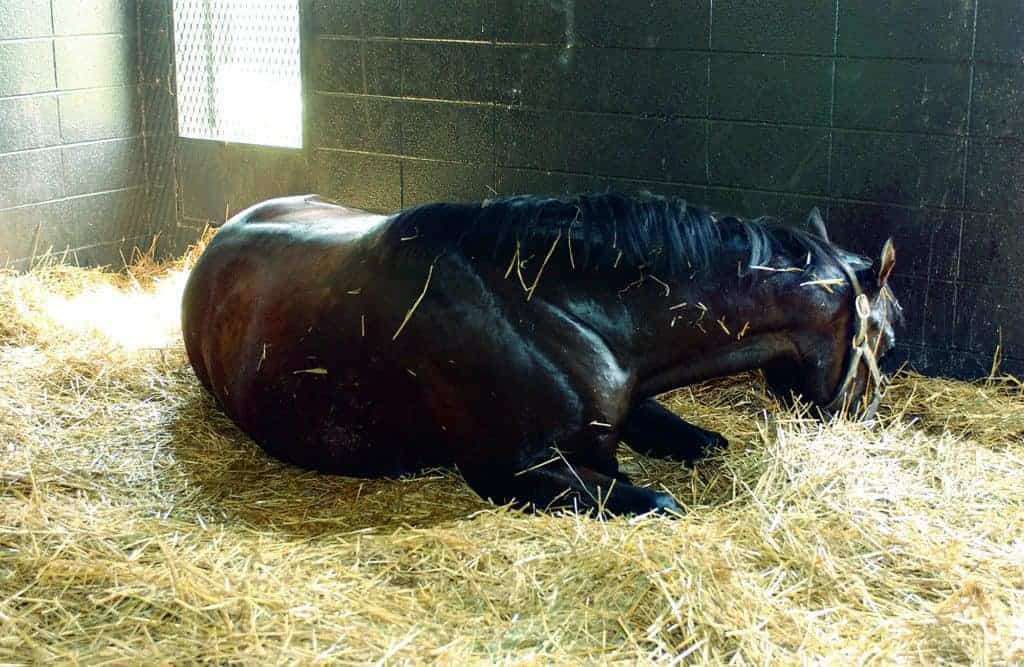
Horses with botulism often present as if they are colicking. Here is how to tell the difference.

Meet Q, a Rocky Mountain Saddle Horse that survived proliferative enteropathy caused by Lawsonia intracellularis.

Neonatologist Dr. Christine Gleason of Seattle Children’s Hospital talks about the similarities between human babies and foals and lessons the two fields can learn from each other.

Get your questions answered and learn about the latest advances in horse dental care in this live event.

Dr. Sarah Reuss of the University of Florida College of Veterinary Medicine describes the special care equine internal medicine specialists offer horses and their owners.
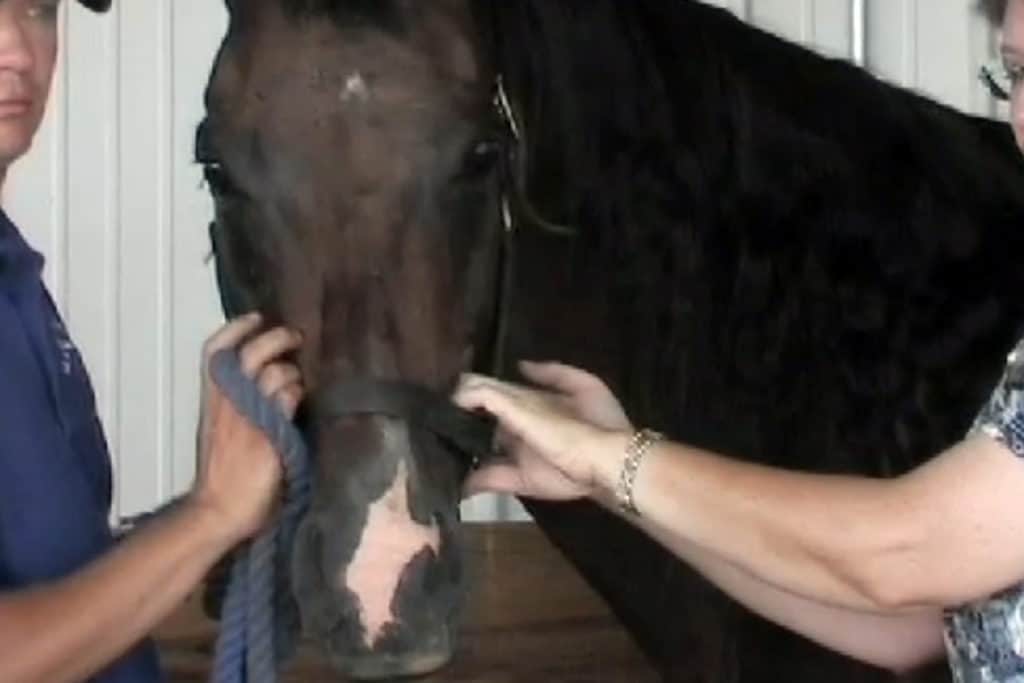
Dr. Scott Palmer explains how vital signs are used to monitor racehorses during and after training.

Internal parasites can make a horse unthrifty and cause poor hair coat, digestive issues, and even colic. Learn about these and other clinical signs of a wormy horse from Dr. Steve Sundholm of Equus Veterinary Service in Oregon City, Ore.

Drs. Nathan Slovis and Peter Morresey present unique medical and surgical cases involving foals, including heart murmurs, ivermectin overdose, sepsis, foals post dystocia, hernias, fractured ribs, kidney problems, and more.
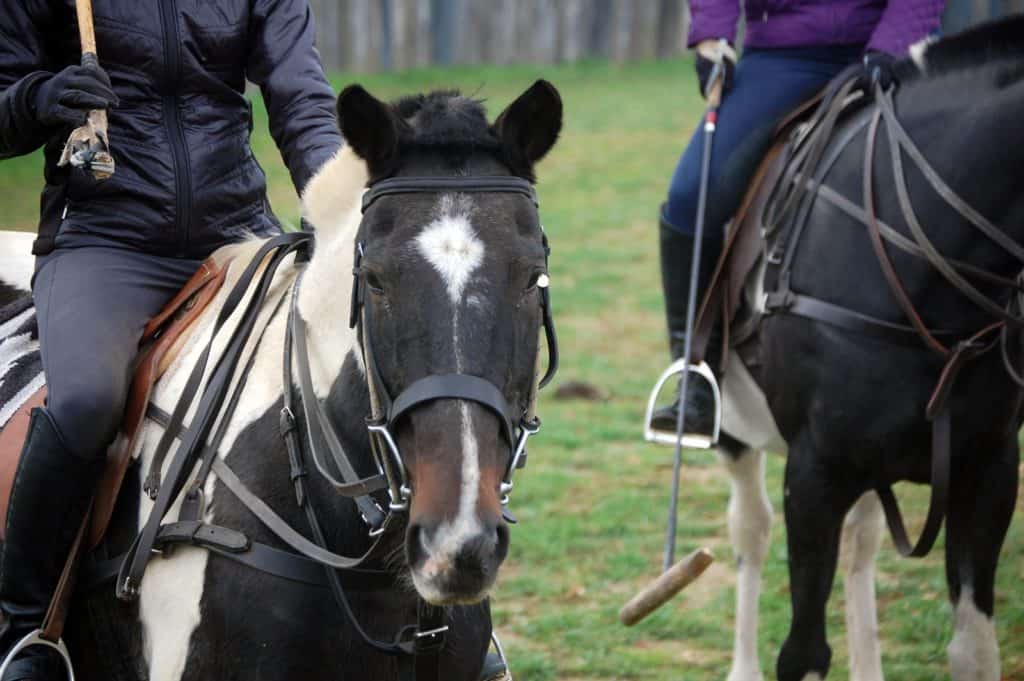
Dr. Erica McKenzie of Oregon State University shares the horse breeds and diseases associated with tying up.

Dr. Erica McKenzie of Oregon State University shares how to get your horse into riding shape after a winter’s rest.
Stay on top of the most recent Horse Health news with
"*" indicates required fields